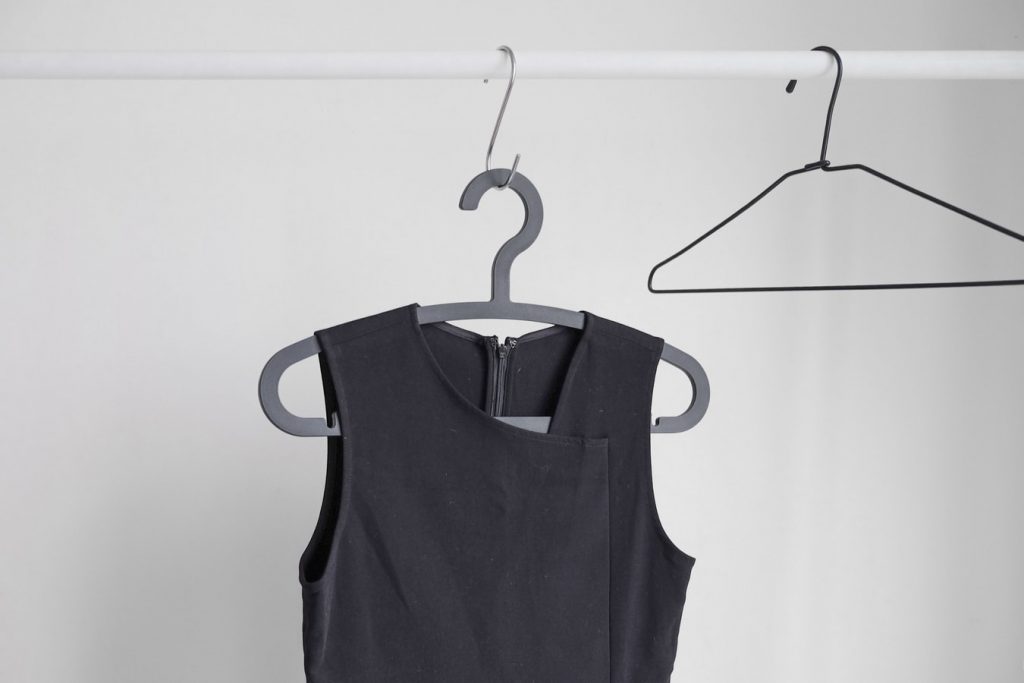The European Union is moving closer to legally banning companies’ practice of destroying unsold and/or other excess apparel and footwear at the Union level. On the heels of the European Commission presenting the Ecodesign for Sustainable Products Regulation (along with the Strategy for Sustainable and Circular Textiles) in March 2022 in furtherance of an aim to create “a framework to set ecodesign requirements for specific product groups to significantly improve their circularity, energy performance and other environmental sustainability aspects,” members of the EU Competitiveness Council voted in favor of a ban on the destruction of textiles, shoes and other unsold and/or returned consumer products.
During a meeting on Monday, the EU competition ministers also moved to implement a system of Digital Product Passports, which the European Commission says will increase the information shared with consumers about products – including their “environmental sustainability” credentials – at the point of sale and will aid in the facilitation of “tracking along the supply chain.” Monday’s approval paves the way for the legislative proposal to advance to negotiations between the individual member states and the European Parliament, as both sides need to agree on the Ecodesign Regulation before it can be signed into law. “Under the initial March 2022 proposal by the European Commission, the Commission, itself, was to have determined at a later stage whether to put destruction bans in place,” Reuters reported.
However, “the EU governments have agreed that a destruction ban on unsold clothing should apply immediately, rather than waiting for the [Commission] to carry out an assessment that could have lasted three years.”
The Counsel’s approach: The Competitiveness Council’s “general approach” to the Ecodesign Regulation consists of “a direct-ban on the destruction of textiles, footwear and apparel” at the Union level. Medium-sized companies will benefit from a four-year exemption, while small firms will be generally exempt. For all other entities, the Council’s approach provides “a minimum transition period of 18 months after the entry into force of the delegated act setting out ecodesign requirements before it starts applying, thus giving economic operators time to adapt to the new requirements.” Member states are “also given 2 years to adapt and adopt the necessary national measures, including those relating to market surveillance and fines.”
Environment Committee MEPs touched on the need to address apparel-related waste late last month, with the committee establishing recommendations for the adoption of EU-wide measures to broadly crack down on “excessive production and consumption” in the apparel and footwear space. In a statement on April 27, the EU Parliament confirmed that the Environment Committee is calling on the European Commission and EU countries to “adopt measures that put an end to ‘fast fashion,’ starting with a clear definition of the term based on ‘high volumes of lower quality garments at low price levels.’” Among other recommendations, the Environment Committee MEPs are pushing for the inclusion of “an explicit ban on the destruction of unsold and returned textile goods in the EU ecodesign rules.”
They also urge that “consumers should be better informed to help them make responsible and sustainable choices, including through the introduction of a ‘digital product passport’ in the upcoming revision of the Ecodesign Regulation.”
If adopted, the revised Ecodesign Regulation will replace the existing 2009 directive and broaden the scope to set environmental sustainability requirements for almost all kind of goods placed on the EU market; the 2009 Ecodesign Directive (2009/125/EC), which only covers energy-related products. In a statement on Monday, Ebba Busch, the EU’s Minister for Energy, Business and Industry and Deputy Prime Minister, said, “If we want really sustainable European products on the market, we need to address the issue from the starting point: their design. The Ecodesign Regulation will make sure that products sold in the EU market are fit and ready for the green transition.”
The next steps: According to the Competitiveness Council, the “general approach” agreed to on Monday “formalizes the Council’s negotiating position, [and] provides the Council presidency with a mandate for negotiations with the European Parliament, which will start as soon as the Parliament adopts its position.”
THE BIGGER PICTURE: Not limited to apparel, accessories, and footwear, the Competitiveness Council confirmed that the revised Ecodesign Regulation – which establishes “a harmonized framework for setting requirements for specific product groups to make them both energy- and resource-efficient (as was the case in the existing 2009 directive) but more durable, reliable, reusable, upgradable, reparable, recyclable and easier to maintain” – will be applicable to “almost all categories of products.”











